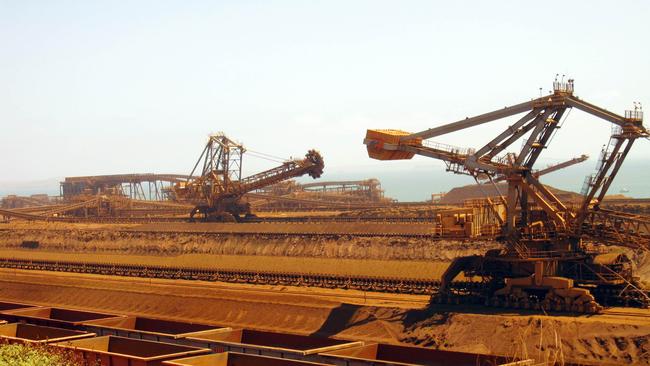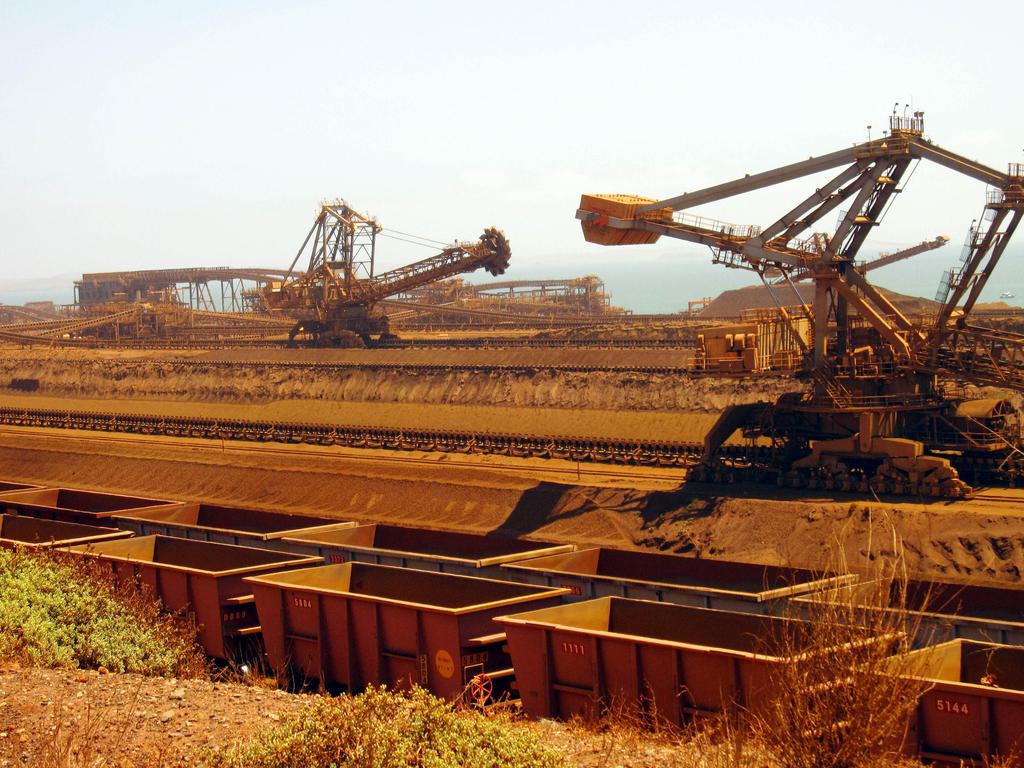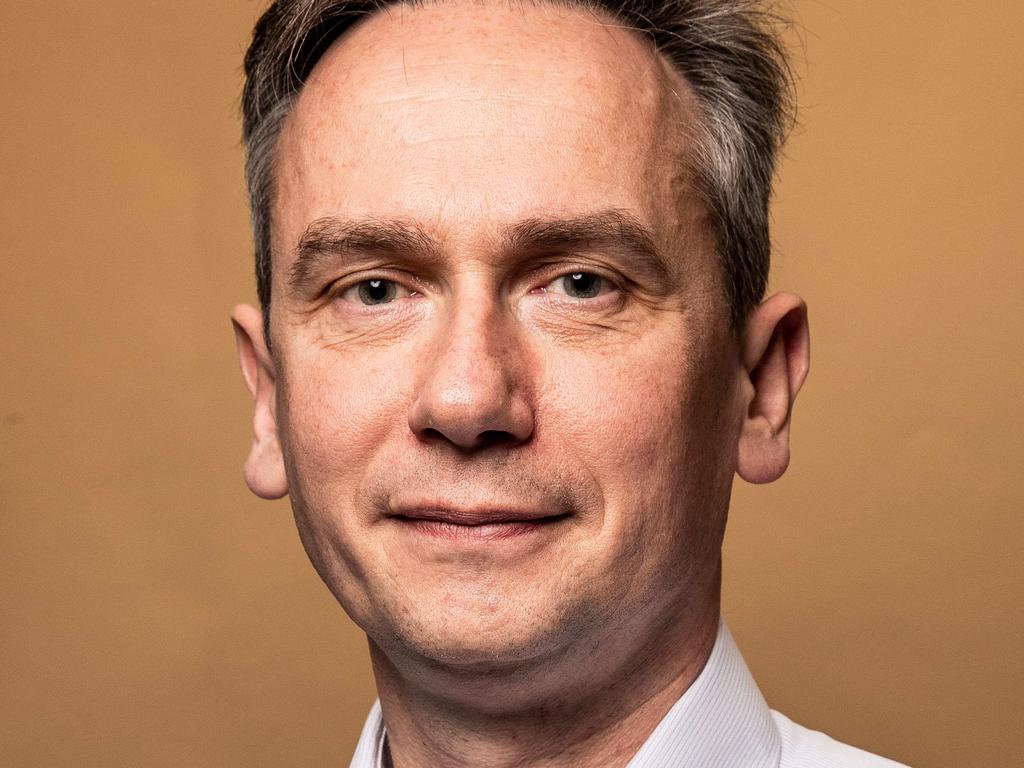Push for Rio Tinto to focus on Australia
Rio Tinto remains under sustained pressure to restructure its corporate presence towards Australia.

Rio Tinto faces extended pressure to refocus on Australia as it deals with the scandal that claimed the scalps of three top executives, even as chief executive Jean Sebastien Jacques defends his legacy to the miner’s global workforce.
The departure of Mr Jacques, along with iron ore chief Chris Salisbury and corporate affairs boss Simone Niven, has relieved the immediate pressure on Rio’s board over the destruction of 46,000-year-old heritage sites at Juukan Gorge in the Pilbara.
But as the Rio board considers who will replace Mr Jacques, key stakeholders have flagged ongoing pressure on the company over its relationships with Australia, and its executive presence in the country that delivers most of its profits.
Rio has rejected criticism that its board and management were too London-centric, in responses to questions on notice from members of the parliamentary inquiry examining the events that led up to the debacle.
Rio told the committee it had reduced staff in London by 64 per cent during Mr Jacques’ tenure, while numbers in its Perth and Brisbane offices grew by 40 per cent and 24 per cent respectively, an increase of over 1200 people.
But the miner remains under sustained pressure to restructure its corporate presence towards an Australian bias. The WA government has consistently said it should have a WA director, given more than 75 per cent of its assets sit within the state.
A spokesman for superannuation heavyweight AustralianSuper, which played a key role in forcing Rio’s board to reconsider the initial response to the Juukan Gorge debacle which merely stripped the executive trio of bonuses worth about $7m, said on Sunday it would be “very supportive of Rio holding an increased presence in Australia at both an executive and board level”.
Business Council president Tim Reed joined calls for Rio to consider relocating its global headquarters, telling The Australian’s Adam Creighton in a Sky News interview it could help the company fix its relationship with traditional owners of the land the company mines.
Options could include asking Australia-based directors Simon McKeon or Megan Clark to take an executive role as the company searches for a new chief executive to replace Mr Jacques, with a focus on its Australian relationships. Alternately, it could appoint a new Australian managing director from its executive ranks.
Rio Tinto’s Australian managing director role was effectively abolished with the retirement of Joanne Farrell in 2019, and folded into Mr Jacques’ responsibilities.
While the role has largely been seen as a titular one by Rio’s operational management, it has proved its worth in times of crisis — notably when David Peever helped lead Rio’s response to Kevin Rudd’s Resources Super Profits Tax, or when Barry Cusack held the role as Rio brawled with Pilbara unions in the 1990s.
Sources say the presence of an Australian managing director, particularly one with stature of Ms Farrell — who had a deep understanding of both Rio’s operations and community and government relations — would have forestalled some missteps taken by Rio’s local leadership in the wake of the decision to blast Juukan Gorge, or even prevented it.
Despite the ongoing external pressure, Mr Jacques has flagged a business-as-usual approach while he remains in charge.
In an email to Rio staff, sent after his pending departure had been announced by Rio chairman Simon Thompson, Mr Jacques said he intended to keep “focusing on the job we need to do to deliver for our shareholders, customers, and host governments and communities.
“The board released its review of what happened at Juukan a few weeks ago, detailing that there was no one person or single mistake that led to this outcome but a series of missed opportunities over a long period of time. Even so, it is clear from discussions the board have had recently that some of our stakeholders want to see a greater level of accountability for what has occurred,” he said.
“One of my commitments was to make Rio a better place to work and so we invested in development, further enhancing technical and commercial excellence, and on a personal note, engaging and genuinely connecting with as many of you as possible. But we have more to do and this will remain a focus.”
Mr Jacques defended his achievements over the last four years, along with those of the other two departing executives.
“What makes me most proud is the improvement we have made on safety. Over the last two years not a single one of our colleagues lost their lives at any of our operations or locations, for the first time in Rio Tinto’s nearly 150-year history,” he said.
“Since 2016 we have generated $67bn of cash and returned $38bn of that cash to our shareholders. We also continued to invest in the business with $21bn in sustaining and development capex. Rio Tinto’s share price has performed strongly too, with 27 per cent annual total shareholder returns … to July 2020.”




To join the conversation, please log in. Don't have an account? Register
Join the conversation, you are commenting as Logout